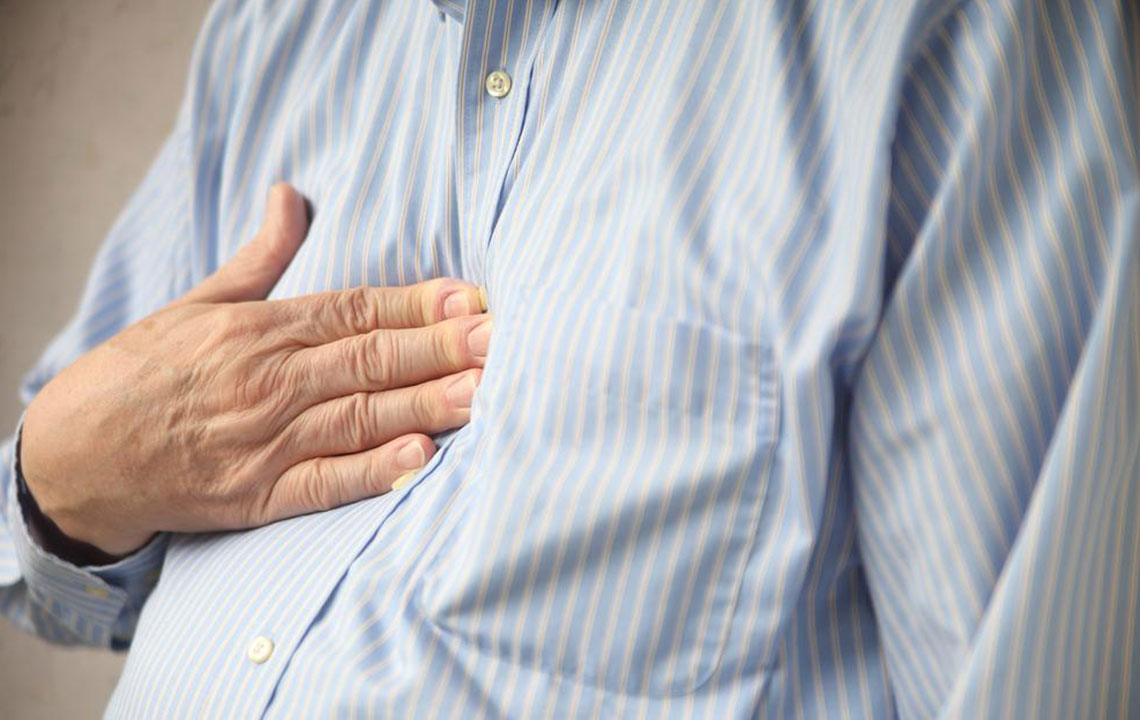Understanding Heartburn and Acid Reflux: Essential Insights
Explore essential insights into heartburn and GERD, including symptoms, causes, and risk factors. Learn when to seek medical help for persistent or severe symptoms to prevent complications. This comprehensive overview helps you understand common issues related to acid reflux and when to get professional care.

Understanding Heartburn and Acid Reflux: Essential Insights
Feeling a burning sensation in the chest, just behind the breastbone, is a common experience, especially after large meals. Occasional heartburn is usually harmless, but frequent episodes can indicate gastroesophageal reflux disease (GERD).
Persistent heartburn suggests issues with the stomach and esophagus. Recognizing when to seek medical attention is crucial, especially if symptoms occur more than twice weekly, worsen, disrupt sleep, cause swallowing difficulties, or interfere with daily life.
Common Signs of Acid Reflux and GERD
Symptoms include:
A burning chest sensation, often after heavy meals or at night
Chest pain
Difficulty swallowing
Food regurgitation
A feeling of a lump in the throat
Nighttime acid reflux can cause:
Persistent coughing
Sleep disturbances
Worsening asthma symptoms
Laryngitis
If severe chest pain or breathlessness occurs, immediate medical attention is necessary.
Causes of Heartburn and GERD
The primary cause is a malfunction of the lower esophageal sphincter (LES), a muscle ring at the esophagus's end, which usually opens for swallowing and then closes tightly. In GERD, the LES fails to close properly, allowing stomach acids to flow back into the esophagus, leading to irritation and discomfort.
Risk Factors for GERD
Factors increasing the likelihood include:
Excess body weight or obesity
Pregnancy
Connective tissue disorders
Hiatal hernia
Lifestyle habits that elevate risk involve:
Consuming large, unhealthy meals
Smoking
Lying down immediately after eating
Eating spicy or fried foods
Drinking soda or coffee
Using NSAIDs like ibuprofen
Important Note:
This article provides general information about symptoms and causes of heartburn and GERD. It is not medical advice. Always consult healthcare professionals for diagnosis and treatment of health conditions. Use discretion and avoid self-diagnosis or treatment based solely on this content.










